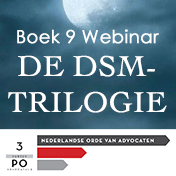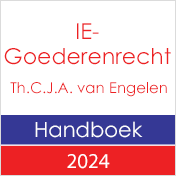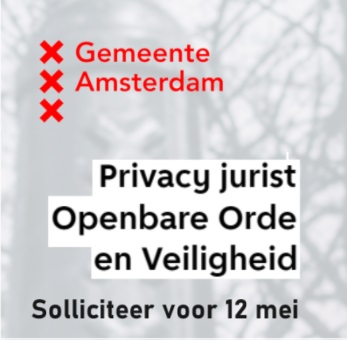
B9 9633. HvJ EU, beschikking van 14 maart 2011, zaak C‑370/10 P, Ravensburger AG tegen OHIM/ Educa Borras SA
Merkenrecht. Nagekomen beschikking van het Hof van Justitie in de Memory-zaak. Nietigheidsactie tegen beeldmerk ‘EDUCA Memory Game’ op grond van oudere woordmerken MEMORY van Ravensburger (de merkhouder m.b.t. het oorspronkelijke Memory-spel). Ravensburger stelt dat de bekendheid van haar merk meegenomen had moeten worden bij de vergelijking van de merken. Als echter al feitelijk is vastgesteld dat er geen overeenstemming is tussen de merken, kan eventuele bekendheid daar niets aan veranderen.
48. As regards the merits of this plea, it must be stated that the General Court was fully entitled to hold that there is no similarity between the marks in question. In paragraph 42 of the judgment under appeal, it noted that the dominant element of the mark at issue was the word ‘educa’ and that the element ‘memory’ did not have an independent distinctive role in that mark. It concluded, by comparing the mark at issue, considered as a whole, with the earlier marks, that the marks in question were visually, phonetically and conceptually neither identical nor similar.
(…) 50. Since the marks in question are not similar, there is no need to take account of the reputation of the earlier mark, since it does not fall within the scope of the test of similarity and cannot serve to increase the similarity between those marks (see, to that effect, C-254/09 P Calvin Klein Trademark Trust v OHIM [2010] ECR I‑0000, paragraph 68).
51. In addition, as regards the appellant’s argument that the overall impression produced by the mark at issue may lead the public to believe that the goods derive from companies which are linked economically and therefore create a likelihood of confusion in the mind of the average consumer of the goods, it should be recalled that, where there is no similarity between the earlier mark and the mark applied for, the reputation of or the well-known nature attaching to the earlier mark and the fact that the goods or services concerned are identical or similar are not sufficient to establish a likelihood of confusion between the marks in question.
Lees het arrest hier.


























































